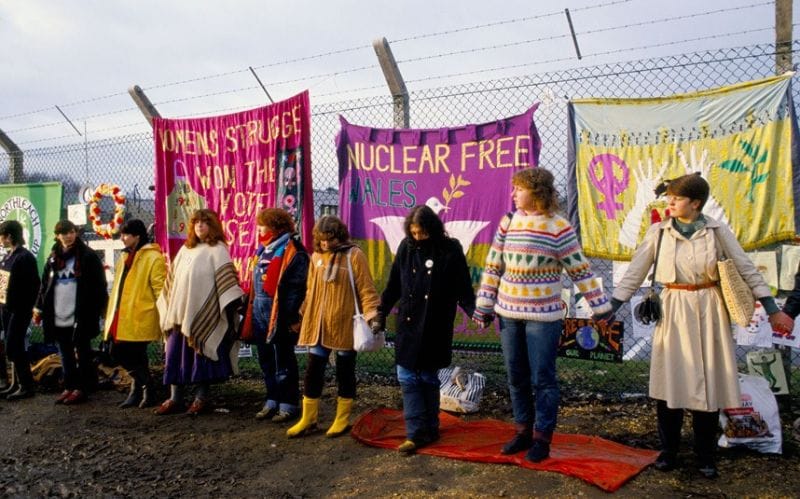Welcome to Dispatch #17! This week we are discussing one of the largest women’s movements in recent history, what co-optation is and how it impacts social movements, as well as ways to fight back against it. Let's get into it!
First time reading our newsletter? Sign up to get them in your inbox!
Easy Actions to Take
Why: Recent coverage of Israel’s execution of 15 Palestinian aid workers in Gaza was misleadingly reported to favor the Israeli narrative while downplaying clear evidence of wrongdoing. In a period where the targeting of journalists, medical professionals, and civilians is being captured in real-time, it is imperative that The Guardian does not distort or soften acts of violence through language that avoids assigning responsibility. To submit, scroll down to “Submit a Complaint” and select “The Guardian” article. Organized by Unmute Humanity
Why: Trump’s “border czar” Tom Homan wants to add billions more to the budget for ICE deportations, and Republican lawmakers are prepared to give it to him. House and Senate Republicans are working on a budget reconciliation bill that proposes between $90 and $175 billion in spending increases over the next decade, providing, essentially, a blank check for the Trump administration to move forward with mass deportations. Organized by 5Calls
Little (Movement) Wins
Why It Matters: Burkina Faso has been undergoing a process of decolonization as its young leader, Ibrahim Traore, nationalizes the country’s resources, enacts land reform, and other social programs. He’s extremely unpopular to the West, especially former colonial masters France and the US and Traore has been the target of numerous coup and assassination attempts.
Why It Matters: The students of Serbia are continuing their mobilizations against the democratic backsliding and authoritarianism of the Serbian President Vucic. Once in Brussels, the students hope to meet with the EU Commission and European Parliament officials.
Why It Matters: The return of American nuclear weapons to the UK puts all citizens at risk as the US continues to militarize around the world. This latest round of resistance is a call back to the resistance of the Greenham Common Peace Camp over 2 decades ago.
Why It Matters: In one of the most high-profile academic dissociations from an Israeli weapons manufacturer in the U.S. to date, MIT has cut ties with Elbit Systems following a 6-month campaign led by the MIT Coalition for Palestine and BDS Boston. This is proof that sustained organization and pressure in divestment campaigns can work.

The Women Who Fought Nuclear War
Revealing History

